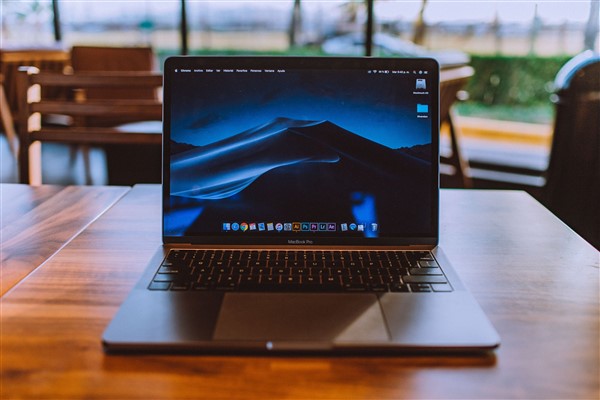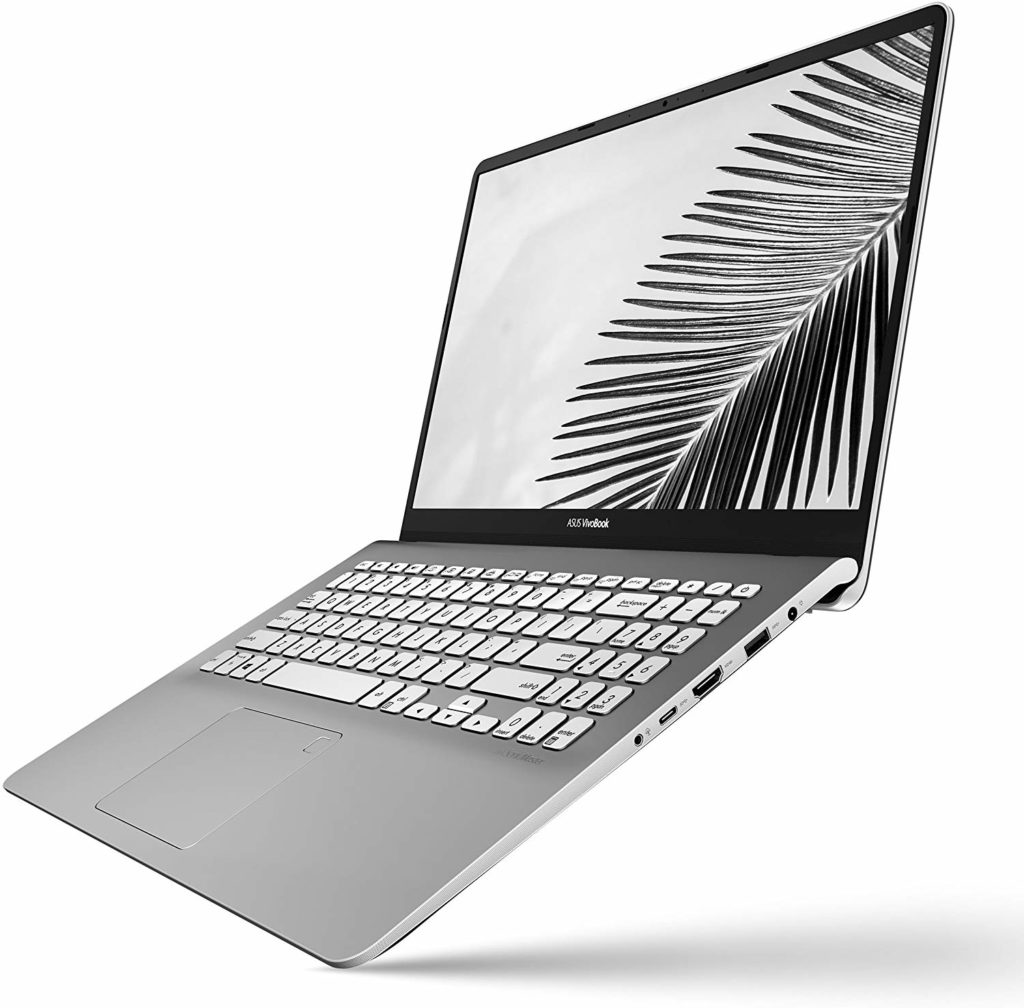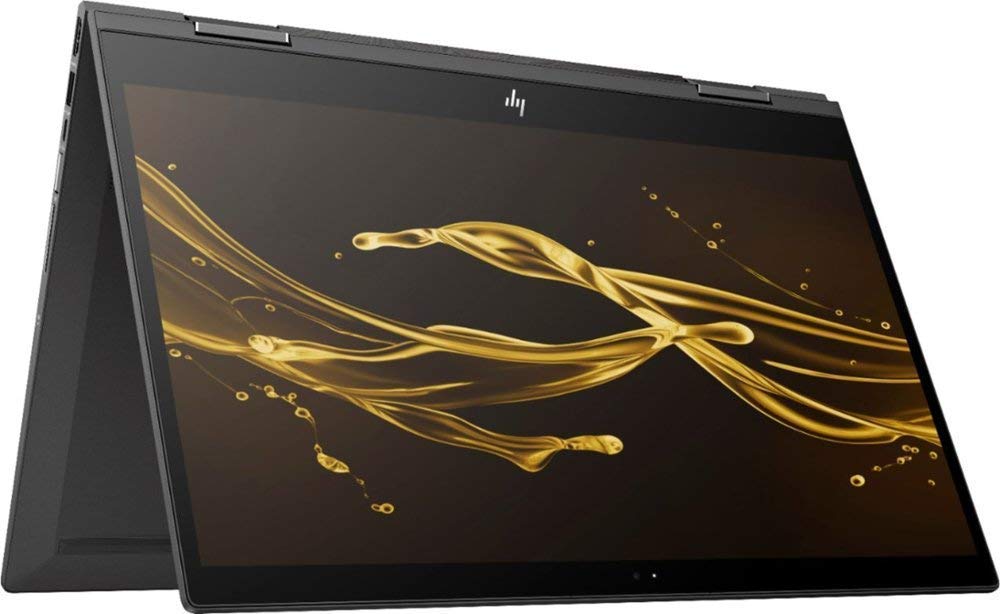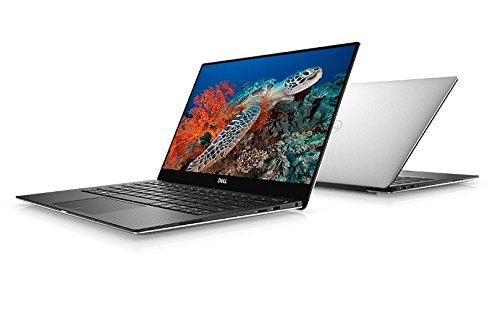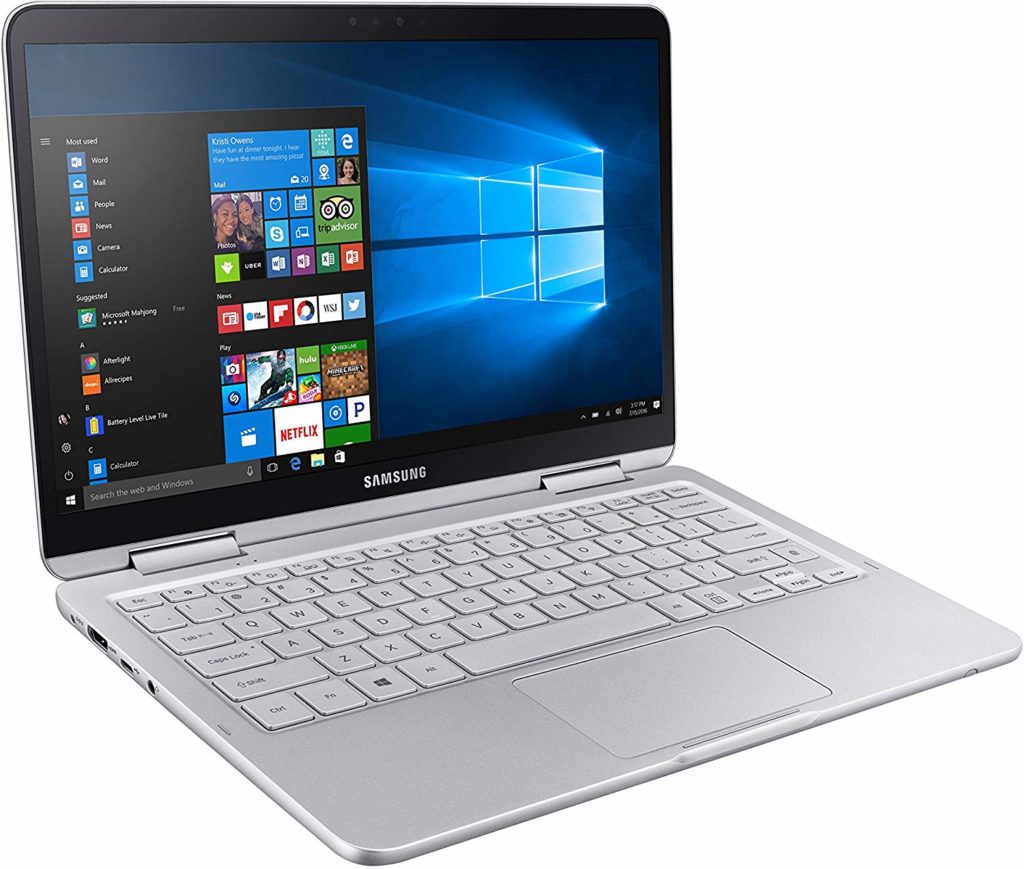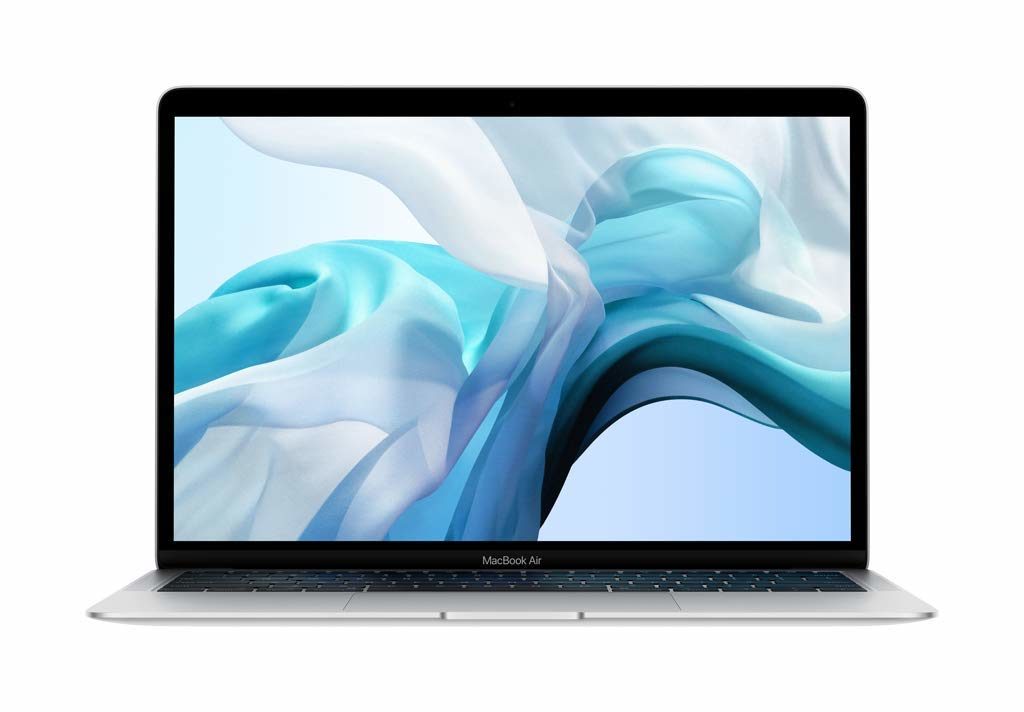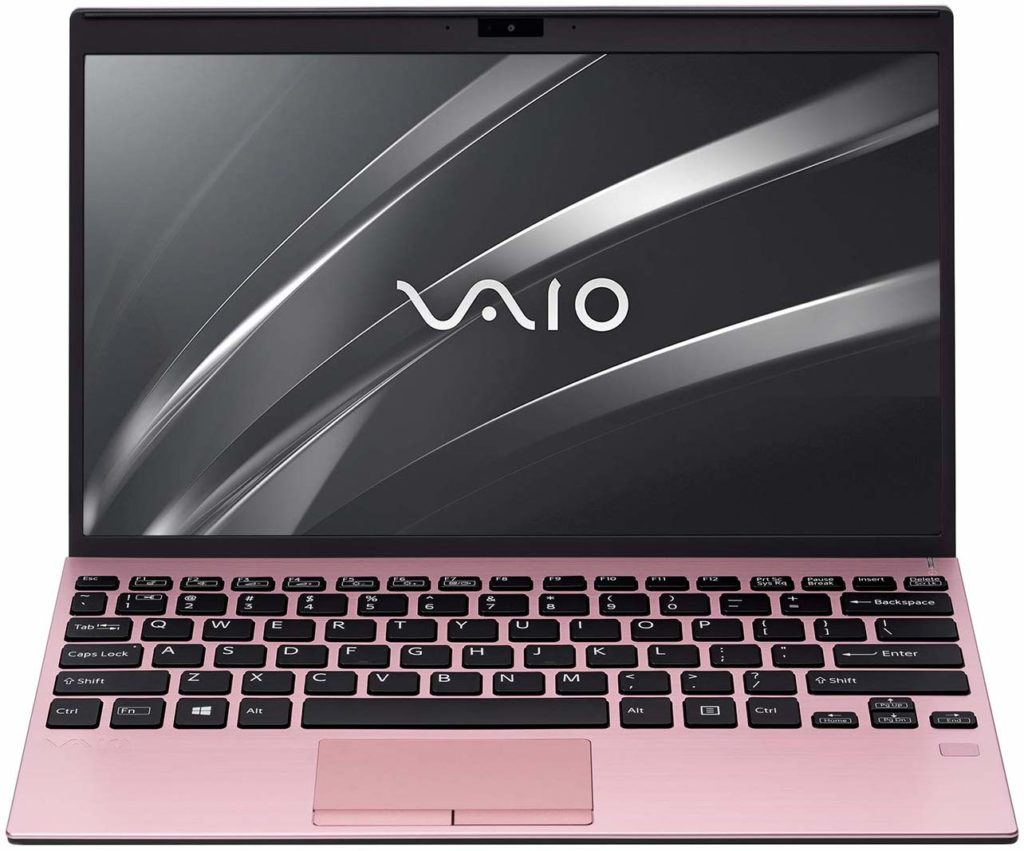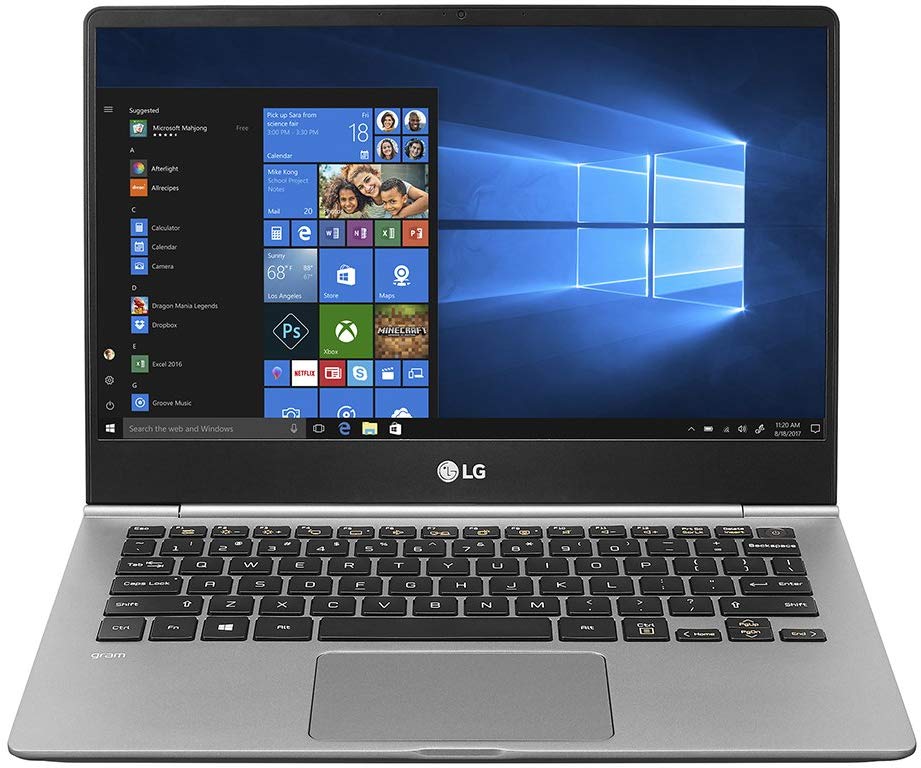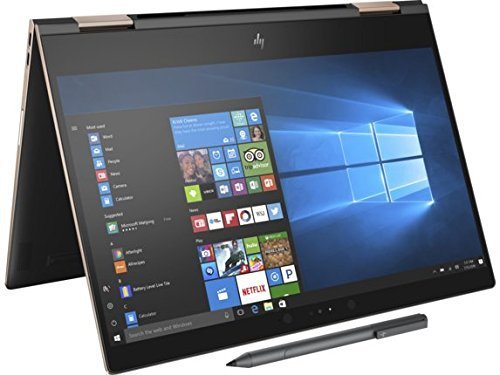Processor-
You won’t be running heavy software; therefore, you do not require an extremely powerful processor.
Getting a laptop with an Intel i5 CPU or an AMD Ryzen 5 2500U will enable swift and lag-free performance.
Graphics Card-
Since web browsing and emails are not graphics-intensive tasks, getting a laptop with a discrete graphics card is not needed.
A modern laptop’s integrated graphics chip can handle the occasional image/video editing and even light gaming well.
Storage-
Always get a laptop with an SSD as the primary drive. SSD’s are a lot faster than HDDs and will make booting and loading times much, much shorter.
The enhanced speeds make for better productivity. However, SSDs usually do not offer as much storage space as HDDs do.
However, most laptops on the market feature an additional disk drive slot, which enables you to add another drive – SSD or HDD.
An SSD+HDD combo gives you the best of both worlds – you can have a blazing fast laptop that allows you to store all your data locally.
RAM-
You will find yourself needing to use multiple applications simultaneously. It is essential to have enough RAM to support your multitasking needs.
Make sure that the laptop you’re getting has at least 8GB of RAM.
Most laptops in the market have an extra RAM slot. It enables you to add additional RAM if your initial configuration does not suffice.
Size and Weight-
It is the main deciding factor after considering the internal hardware.
A small form factor laptop – ideally 13” or 14” will allow you to carry it around with ease.
The device must weigh about 3lbs. If it is too heavy, it will be difficult to move around with.
Battery life-
A long-lasting battery is super essential if you travel a lot. The laptop must be able to run for 8 hours – which is a full workday without needing a charge.
Some of the best laptops on the market last for over 10 hours in a single charge.
To help you find the right match, here is a round-up of the eight best laptops in the market that will help you run your business.







